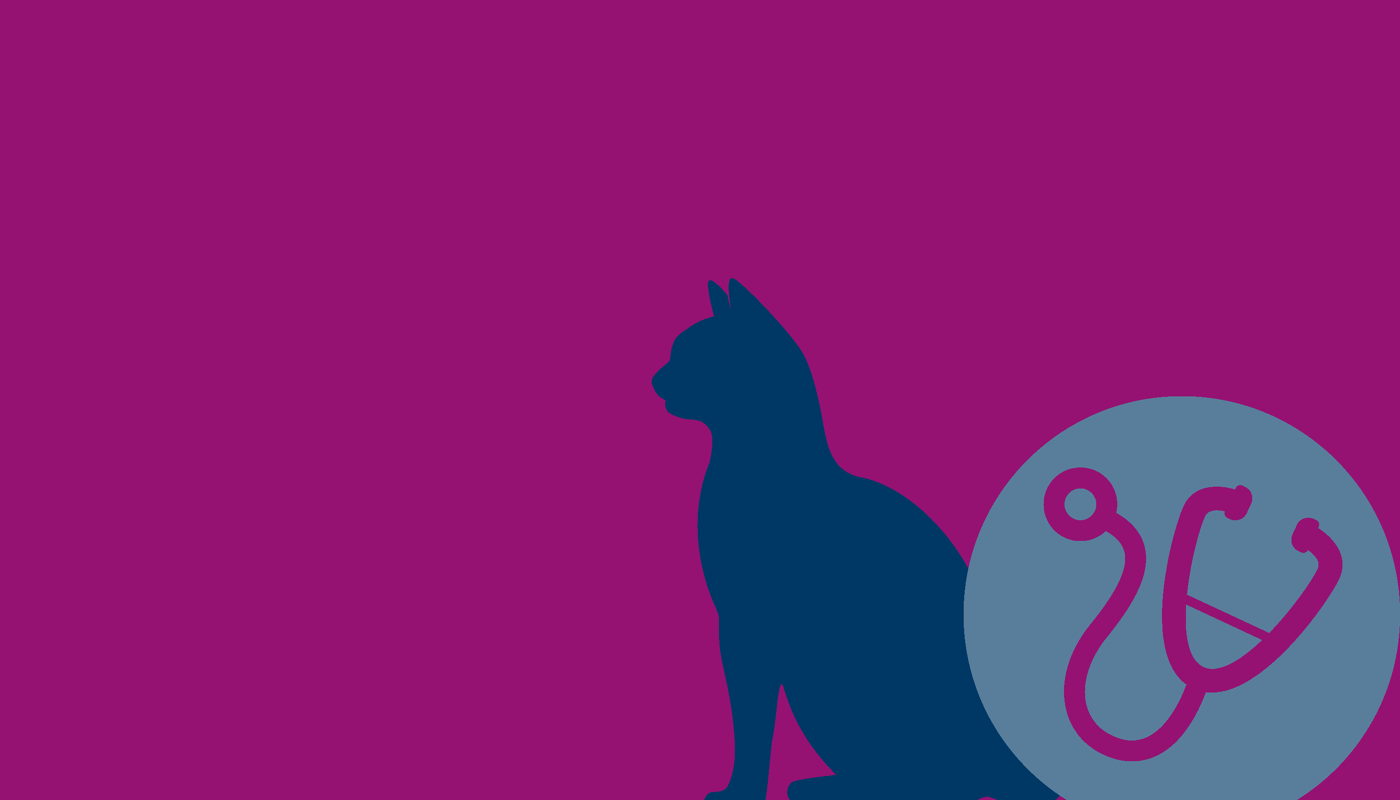
The Small Animal Hospital is a cat friendly practice and we have a dedicated cat friendly facilities to ensure that your feline's visit to us is as comfortable as possible.
Welcome to Our Cat Clinic
We take cats very seriously at our hospital and we will do our utmost to ensure that your visit will be as stress free as possible, both for you and your pet. The Small Animal Hospital has a dedicated cat ward and a purpose built dedicated cat waiting room for you and your cat and we hope you find it comfortable and relaxing.
We very much hope that one of our many highly qualified staff will be able to help your cat make a speedy recovery.
Our recognised cat advocates have the responsibility to ensure we stick to the principles of the International Society of Feline Medicine (ISFM) cat friendly practice.
Radio-iodine treatment is suitable for most hyperthyroid cats but not all. Cats with other serious diseases and owners who are not prepared to have their animals isolated for 4 weeks represent poor case selections. Please inform clients that referrals of cats to GUVS are for the investigation and treatment of hyperthyroidism and not I-131 treatment specifically. We are currently able to treat 1 cat a week by this technique. Our success rate is over 95% (treatment failures will be retreated at a reduced cost) and deaths are very rare. The waiting list is between 1 and 3 months.
An initial consultation will be used to explain treatment options to owners. A blood sample will be taken to check thyroid and renal status. Full haematological, biochemical and feline virus status will be checked if you have not already done so in the previous 2 weeks. I-131 treatment can start 3 days after this appointment and providing the cat has not received any carbimazole (Vidalta) or methimazole (Felimazole) for at least 2 weeks. The dose of I-131 is calculated using the thyroxine results. The cat will be isolated for 2 weeks after the injection during which time only minimal handling (cleaning and feeding) will be allowed. If a cat develops medical problems such that its welfare is compromised then usually euthanasia is the only safe option. In such an event the cat's body is retained for the remainder of the isolation period.
After 14 days the cat is discharged from isolation, a blood sample taken for T4, BUN, creatinine and phosphate, and the cat discharged on the Friday (almost 3 weeks in total). A letter will be sent to your practice at this stage confirming the success of treatment. A follow up consultation is usually arranged for 3 months’ time but this can be organised locally providing the blood samples are sent to Glasgow.
Requirements for referral
Online referral form and referral letter detailing history and clinical signs is always required (even if you have spoken to a GUVS clinician on the phone). T4, BUN and creatinine assays are strongly suggested.
Estimated cost of treatment: £2700-£3500 (inc VAT)
If a routine biochemistry, haematology and feline viruses have been performed in the month prior to referral and the results are presented at the initial consultation then £18 can be deducted (a T4, BUN, creatinine and phosphate will still have to obtained 2 days prior to treatment). Cardiac ultrasonography, thoracic radiography and electrocardiography are sometimes necessary in cases of feline hyperthyroidism. Such procedures can add up to £500 over this quote.
It is in the interests of referring practices and GUVS that owners of hyperthyroid cats are fully appraised of the likely and possible costs of treatment prior to referral.

